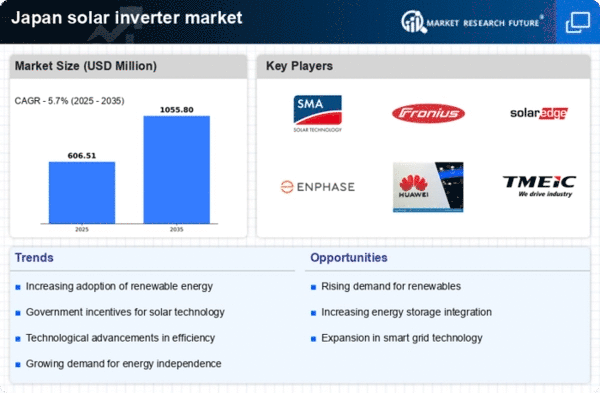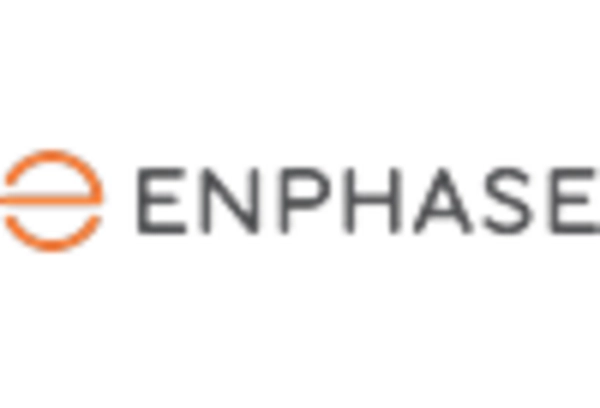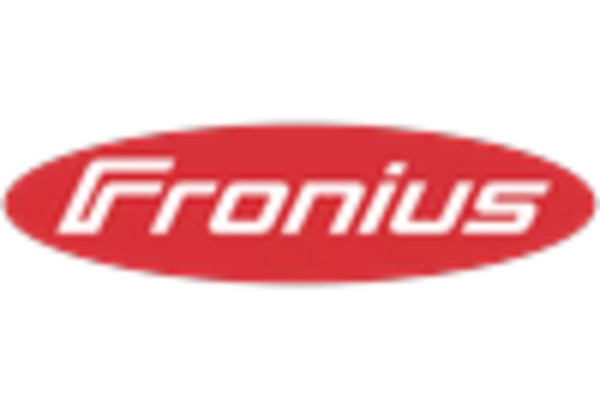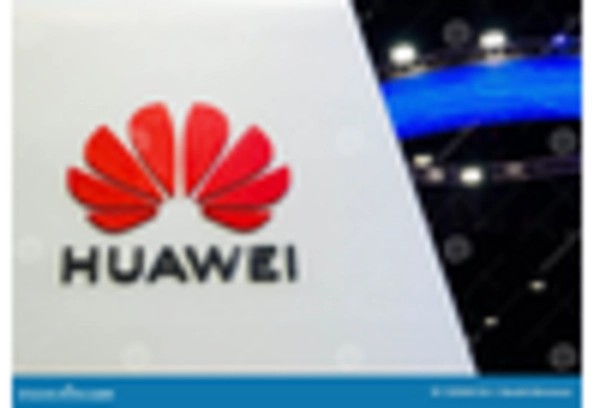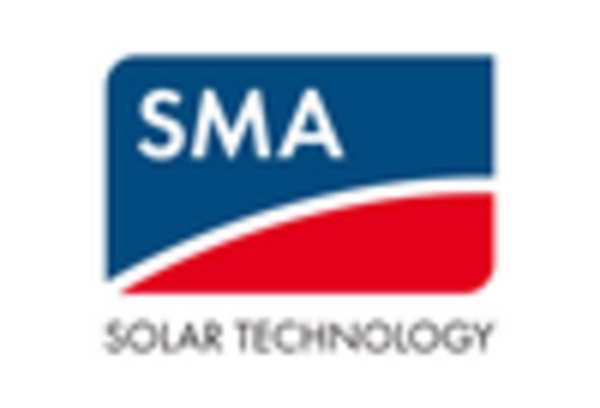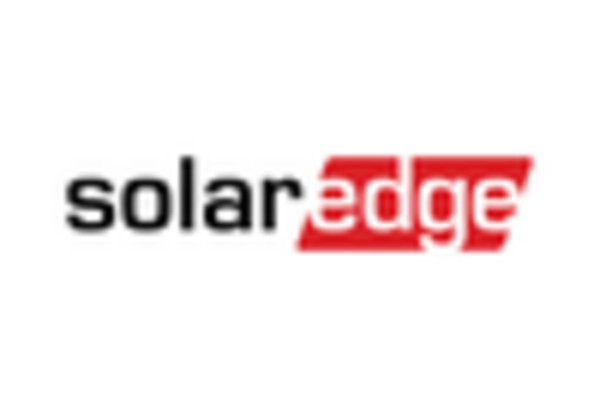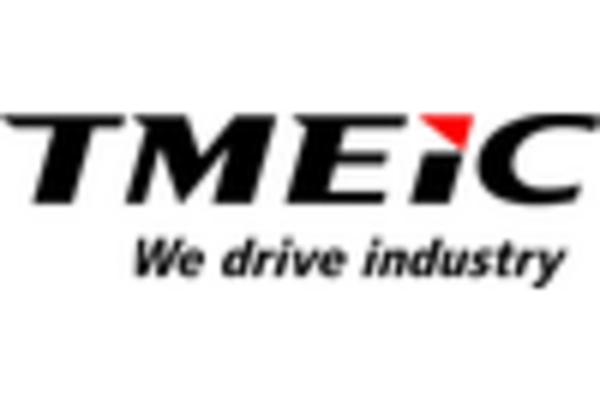Regulatory Framework and Standards
Japan's regulatory framework plays a crucial role in shaping the solar inverter market. The government has established stringent standards and guidelines to ensure the safety and efficiency of solar energy systems. These regulations not only promote the adoption of solar technology but also enhance consumer confidence in solar products. In 2025, the Ministry of the Environment reported that compliance with these standards has led to a 15% increase in the installation of solar inverters across residential and commercial sectors. This regulatory environment fosters innovation and competition among manufacturers, driving advancements in inverter technology and contributing to the overall growth of the solar inverter market.
Rising Demand for Renewable Energy
The increasing demand for renewable energy sources in Japan is a pivotal driver for the solar inverter market. As the nation aims to reduce its carbon footprint and transition towards sustainable energy, the adoption of solar power systems has surged. In 2025, solar energy accounted for approximately 10% of Japan's total electricity generation, indicating a robust growth trajectory. This shift is further supported by public awareness campaigns promoting clean energy. Consequently, the solar inverter market is experiencing heightened demand as these devices are essential for converting solar energy into usable electricity. The integration of advanced inverter technologies enhances efficiency and attracts more consumers and businesses to invest in solar energy solutions.
Economic Viability of Solar Investments
The economic viability of solar investments is a significant driver for the solar inverter market in Japan. With decreasing costs of solar panels and inverters, coupled with rising electricity prices, the return on investment for solar energy systems has become increasingly attractive. In 2025, the average payback period for residential solar installations is projected to be around 6 years, making it a financially sound choice for homeowners. This economic incentive encourages more individuals and businesses to consider solar energy solutions, thereby stimulating demand for solar inverters. As the market continues to evolve, the financial benefits associated with solar investments are likely to further bolster the growth of the solar inverter market.
Technological Innovations in Inverter Design
Technological innovations are significantly influencing the solar inverter market in Japan. The development of smart inverters, which incorporate advanced features such as real-time monitoring and grid management capabilities, is transforming the landscape. These innovations not only improve the efficiency of solar energy systems but also facilitate better integration with the grid. In 2025, it is estimated that smart inverters will represent over 30% of the total inverter sales in Japan. This trend indicates a shift towards more sophisticated energy management solutions, which are likely to enhance the appeal of solar installations for both residential and commercial users, thereby propelling the solar inverter market forward.
Increased Investment in Renewable Infrastructure
Increased investment in renewable infrastructure is a key driver for the solar inverter market in Japan. The government and private sector are channeling substantial funds into the development of solar energy projects, which include the installation of solar inverters. In 2025, investments in renewable energy infrastructure are expected to exceed $20 billion, reflecting a strong commitment to expanding solar capacity. This influx of capital not only supports the growth of the solar inverter market but also encourages technological advancements and the establishment of new manufacturing facilities. As a result, the solar inverter market is likely to benefit from enhanced production capabilities and improved product offerings.


